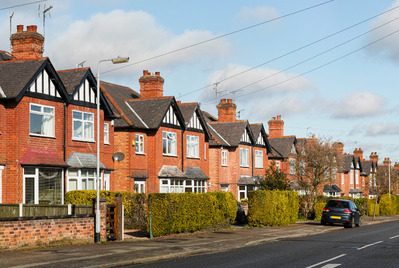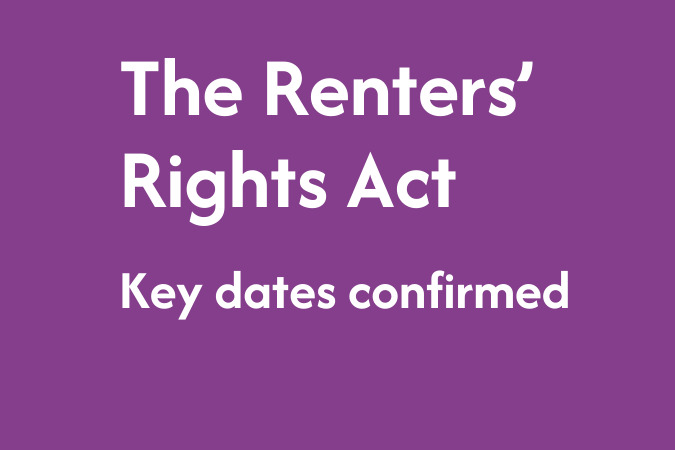Could you get on the property ladder in 2020?
The proportion of younger buyers in England has hit its highest rate in a decade.
The Ministry of Housing Communities and Local Government’s English Housing Survey for 2018-19 has revealed that the proportion of those aged 25-34 in owner occupation hit 41.2% last year, up from 37.6% in 2017-18.
The figure had declined from 59% in 2003-04 to a low of 36% in 2013-14. It was at 51% in 2008-09.
Ben Hicks, Local Director and head of Financial Services at Davis Tate explains "These figures suggest that government schemes such as Help to Buy and the Stamp Duty exemptions are providing a boost for younger buyers - helping make that first step onto the property ladder.
As a local estate agent we are here to provide support and advice to first time buyers who may not realise they can actually afford to move out of rented accommodation and purchase their first home. Our first time buyer guide is available here, and gives some really useful information. There are now also a range of mortgage options available to help young peole and first time buyers, and our team of experienced mortgage advisers are on hand to offer best advice and support buyers throughout the entire purchase - helping to make it as stress free as possible."
If you would like to meet with a mortgage adviser to find out how best to purchase your first property click here.
The same proportion of those aged 25-34 (41%) are also renting.
The figures also show the proportion of people aged 55-64 living in the rented sector has increased from 7% to 10% over the decade.
Of the estimated 23.5m households in England, 15m, or 64%, were owner occupiers.
The private rented sector accounted for 4.6m (19%) of households, with another 4m in the social rented sector.
The report found that mortgage deposits have dropped for buyers but rents rose, coinciding with the tenant fees ban.
The average weekly rent in the private sector was £200 last year (£193 in 2017-18) and £341 in London (£312 in 2017-18).
The average deposit was £42,361 (£44,635 a year earlier).






